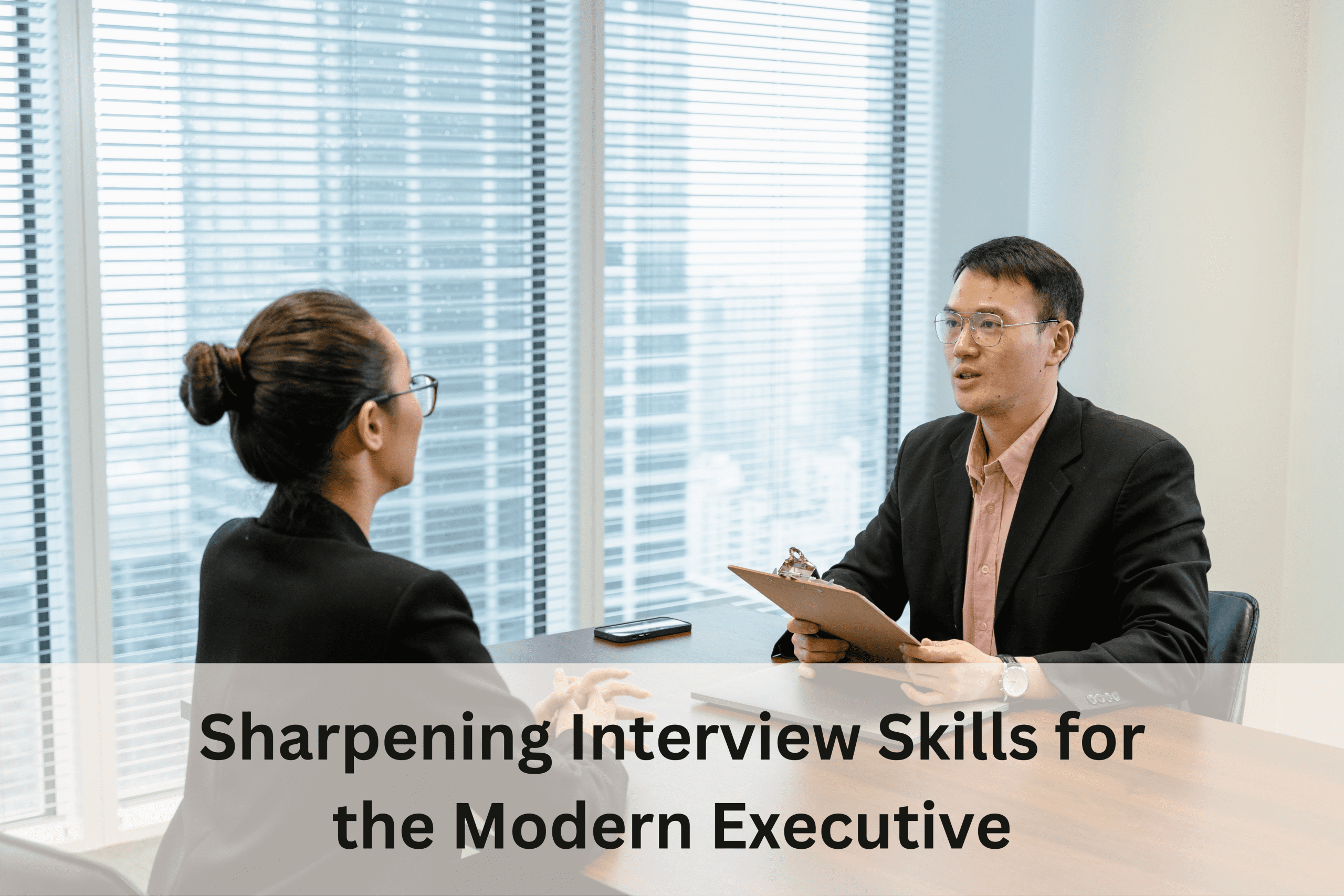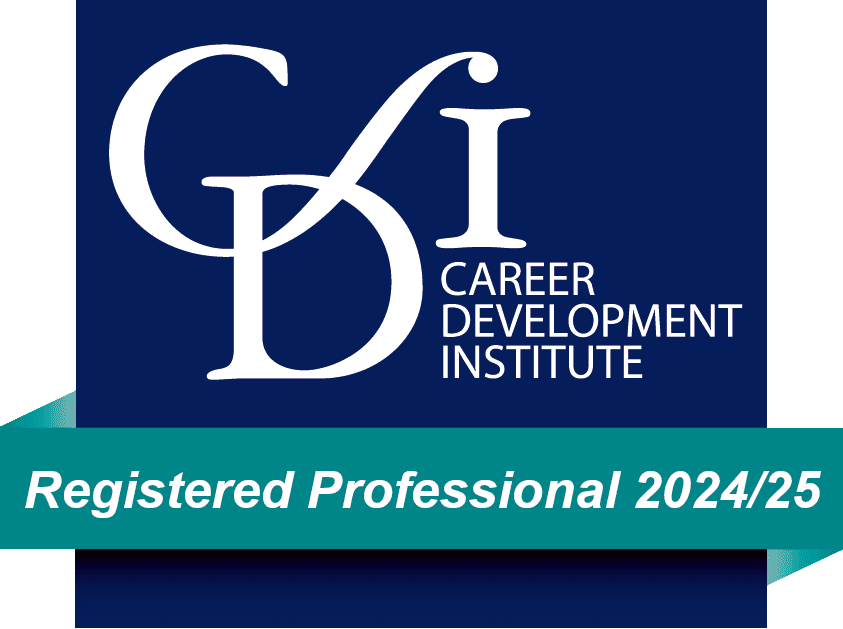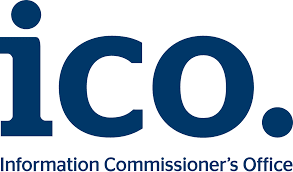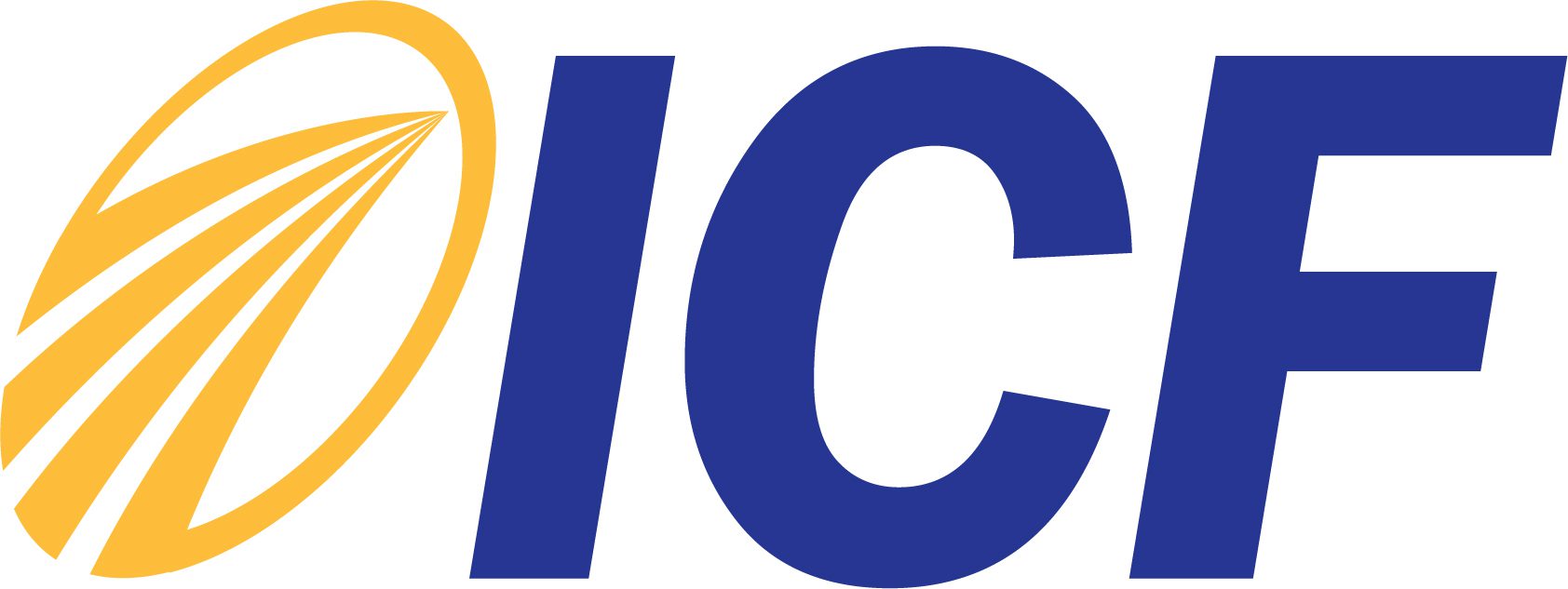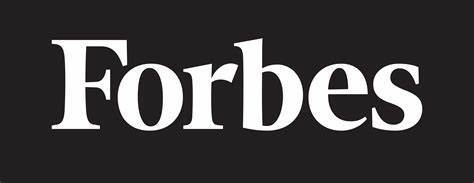Climbing the corporate ladder and vying for executive roles is a challenge that extends beyond just qualifications and experience. Often, the final determinant is the interview. As nerve-wracking as they can be, interviews offer a platform to shine, share your vision, and align your strengths with a company’s needs. For executives, mastering the nuances of interviews is imperative. Let’s delve into the strategies to make every interview count.
1. Know Your Worth
Entering an interview room, it’s vital to be cognizant of the value you bring. Reflect on your achievements, the teams you’ve led, the projects you’ve helmed, and the tangible impact of your decisions. Being clear on what you bring to the table empowers you to articulate your strengths confidently and underscore your fit for the role.
2. Research the Company
Genuine interest can’t be faked. Before the interview, immerse yourself in understanding the company’s mission, values, challenges, and goals. Familiarize yourself with its recent accomplishments, press releases, or any major industry news. Demonstrating knowledge about the company not only exhibits your dedication but also showcases your strategic approach.
3. Prepare for Behavioural Questions
Modern executive interviews often pivot toward behavioral questions. These are designed to gauge how you’ve handled situations in the past, giving insights into your future actions. Prepare examples that elucidate your problem-solving skills, leadership, teamwork, and adaptability. A favorite framework to structure your answers is the STAR method: Situation, Task, Action, Result.
4. Ask Thoughtful Questions
An interview is a two-way street. As much as companies are assessing your fit, you are evaluating theirs. Prepare thoughtful questions that can shed light on the company’s culture, expectations, growth plans, and more. Your queries should reflect your strategic mindset and your vision for both the role and the company.
5. Follow Up
In the corporate world, small gestures can have a profound impact. A post-interview thank-you note or email does more than just express gratitude. It reiterates your interest in the role, showcases your professionalism, and keeps you at the forefront of the interviewer’s mind.
Bonus Tip: Body Language Matters
As an executive, your presence speaks volumes. Beyond words, your body language plays a pivotal role in interviews. Maintain eye contact, offer a firm handshake, and ensure your posture exudes confidence. Small cues can make a significant difference in perceptions.
In Conclusion
Executive interviews are more than just discussions; they’re strategic interactions where every word, gesture, and insight can tilt the scales. By preparing diligently, understanding the company, and being cognizant of both your verbal and non-verbal cues, you can navigate interviews with poise and confidence, paving the way for continued career success.

